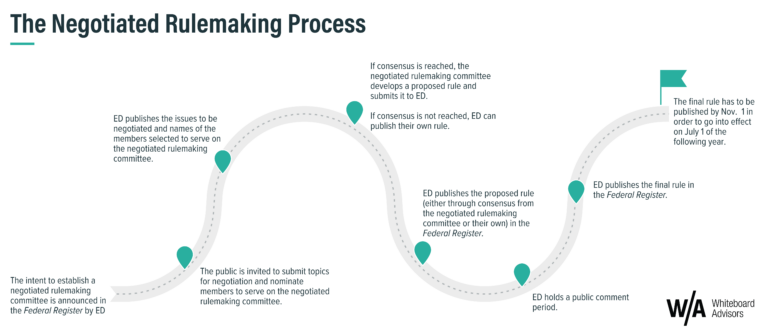Kat Cole, Group President of Focus Brands, recently wrote a great piece in TechCrunch on the way that new approaches like skills-based hiring can help employers identify successful candidates and increase diversity in the workplace. In the article, Kat points to one of our recent policy briefs on the topic, commissioned by General Assembly.
The full article is below, with a link to our policy brief – you can find the original here.
***
Hundreds of thousands of jobs that require both business and technical skills are open in the U.S., which means it’s likely your company is hiring for an important member of your team. But if you are relying on typical tried-and-true measures to find candidates, there are many potential great fits with the right skills that won’t even make it past the initial screening process.
Whether it’s that they couldn’t afford college, didn’t get their start in the “perfect” industry, started out running their own small businesses or even may have run into trouble with the law when they were younger, unfortunately, in hiring, skilled candidates who have taken a different path can be overlooked by even the best businesses.
Hiring managers often give preference to (and even hold out for) those who have the “right” specific last roles, the “right” internships, a specific number of years of experience or graduated from the “right” university. Interestingly, those companies often state bold goals in improving diversity, yet their upstream talent practices diminish the likelihood of increasing diversity.
In defense of slow improvement in diversity, companies often cite, and even complain, that the talent “pipeline” simply does not have enough diversity, so how could they possibly hire diverse candidates out of a non-diverse pipeline without compromising on skills? Of course the potential candidate pool is not diverse if the specs for candidates reflect exactly who you already have on the board!
As someone who took the path less traveled myself, yet who has benefited from leaders and companies that saw past my untraditional background, I worry that others like me — and those with far more unique and challenging backgrounds — may not be “seen” for the awesomeness and potential they possess.
Ironically, right under the nose of the companies that need specific skills are candidates who have relevant training and demonstrated skills, yet not the traditional experiences that meet typical hiring prerequisites. This is especially true considering the increase of graduates of innovative, on-demand education models and organizations likeGeneral Assembly that rapidly provide 21st century skills to diverse populations around the world.
Research shows that in hiring, the deck is often stacked against low-income and minority candidates — especially when it comes to the technology sector. Degree requirements alone drastically limit the candidate pool, with approximately 70 percent of American adults over 25 finding themselves without an undergraduate degree — particularly racial/ethnic minorities or low-income adults. For those employers specifically focused on top-tier or Ivy League graduates, their talent pool is further limited to less than 1 percent of college graduates.
Because companies often hasten to fill positions, it’s understandable that they use systems and processes to mitigate risk and find the best candidates. They may not realize, however, that those very tools may be creating barriers to accessing top talent. Even if they do realize it, they may not know a way to innovate the hiring practice to be more skill-centric while still mitigating risk and measuring for likely success.
Luckily, some companies are pursuing new approaches, like skills-based hiring, to make the hiring process more open and equitable. Last year, EY recognized that a college degree is not indicative of job performance, replacing its college degree requirement with pre-employment tests. Today’s hiring environment and business needs require tools to better identify competencies, skills and indicators of grit and potential, rather than typical interviewing practices based on what’s on a resume alone.
An updated perspective on the value of, and specific skills and non-traditional backgrounds in, an organization, coupled with the best assessments, can broaden the view to more qualified candidates while simultaneously allowing a company to improve diversity and, accordingly, its performance. This perspective and approach is something that should be explored, iterated, used and scaled.
To that end, I’d like to share this public policy briefing on skills-based hiring, a primer on using data to identify job candidates who can succeed, regardless of education and employment experience.
If our processes let in only those like we have today, we’ll keep getting just that — and we’ll not make the progress that is possible in improving diversity. The good news is, there’s a better way.



